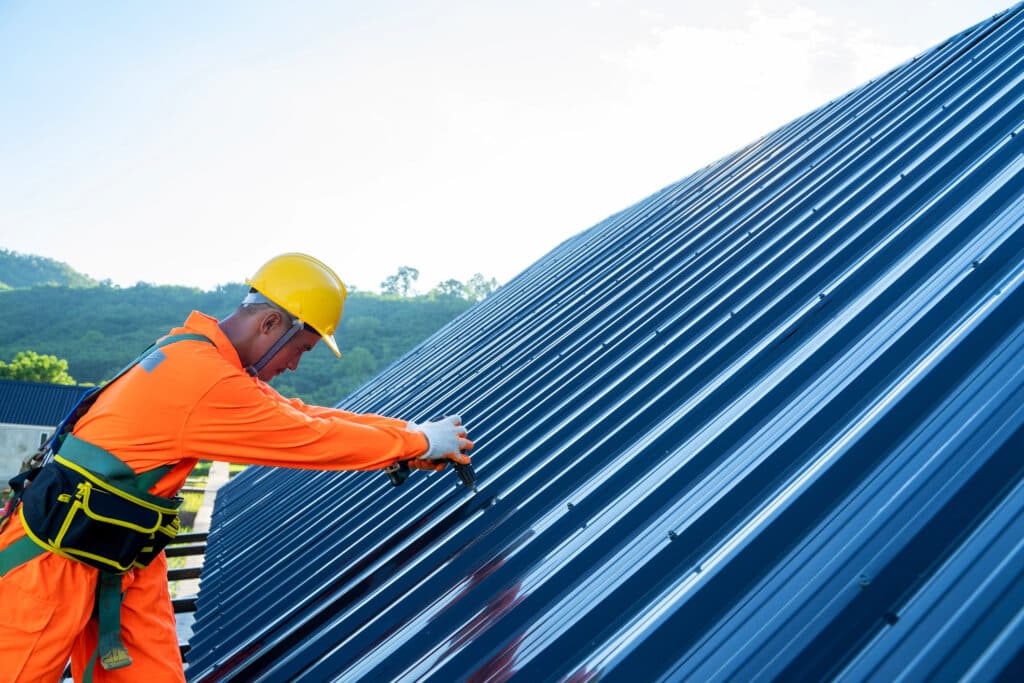Safety First: Essential Precautions for Do-It-Yourself Hurricane Cleanup
While Augusta, Georgia, doesn't often experience hurricanes or severe storms, when they do hit the region, the damage can be devastating. From high winds taking down trees and limbs to severe flooding caused by heavy rain, the cleanup process after a storm can feel overwhelming. Whether you decide to do the cleanup yourself (DIY) or hire a professional company, safety always comes first.
Wear Protective Gear
After a hurricane, you may find obvious and hidden dangers, such as submerged objects, downed power lines, or broken natural gas pipes. Before a hurricane arrives in your area, prepare yourself by purchasing essential protective gear such as:
- Safety goggles.
- Hard hat.
- Heavy-duty work gloves.
- Sturdy boots.
- High-quality face masks.
- Long-sleeve shirts and long pants.
In addition, be sure to have a first aid kit handy and know how to use its contents.
Assess the Damage
After donning your protective gear, it's time to assess the damage. Check for structural damage to your home such as a sagging roof, cracks in the foundation, or leaking water. If you find serious structural damage, leave the house immediately and hire professionals to make repairs.
Check for Electrical Hazards
Winds often bring power lines down, and these lines may still be powered. If live electrical lines are lying in the water, you can receive a shock or get electrocuted which can cause serious injury. Avoid touching any appliances or lamps if the house is flooded, and call an electrician to handle this potentially dangerous situation.
Address Flooded Areas
Flooding is one of the most common causes of damage from a hurricane. Once you've determined there are no electrical hazards, you'll want to try to remove the water so your house can begin to dry out. Water damage can lead to mold, especially in a humid area like Augusta, and mold can cause serious health issues.
Use a squeegee or a wet vacuum to remove as much water as possible, and take a mop to finalize the water cleanup. Set up fans and a dehumidifier, and open the doors and windows to let the house air out. The sooner you get rid of the water, the less likely you'll have mold damage.
Check for Displaced Animals or Reptiles
During storms, domestic animals often get frightened and may run away or hide. Frightened animals, especially ones you're unfamiliar with, may become aggressive. If you notice an animal acting strange or aggressively, call animal control to have them handle the situation. If the area experiences a flood, wild animals and reptiles like snakes may get caught in the waters. Take precautions if you have to walk through flooded areas or when handling debris to be sure there are no dangers from poisonous snakes/reptiles or frightened and aggressive animals.
Remove Outside Debris
Depending on the severity of the wind and rain damage, you may be able to handle debris cleanup yourself. Before beginning, consider hiring a dumpster from a local waste management company. They'll advise you on the dumpster size needed for your cleanup project, deliver and remove the dumpster, and dispose of the contents properly. Keep in mind, that you may need separate dumpsters for natural debris, household possessions, and hazardous waste.
Salvage Your Belongings
Clothing, furniture, household possessions, personal possessions, and electronics can all get damaged by a hurricane, especially if your home floods. If you have a laundry facility, wash clothing before mold grows on it. If mold begins to grow, add a bit of white wine vinegar to the wash to help kill the mold spores. You'll need to wash upholstery on your furniture, or if pillows and upholstery have absorbed too much water, you'll have to dispose of them in a separate dumpster. Electronics may not survive water damage. If unsure, bring them to an electronics store for inspection.
Carefully Handle Hazardous Materials
Most households have some types of hazardous materials in the garage or outbuildings. Paint, fertilizers, cleaning supplies, and other chemicals can contaminate flooded water causing potential health problems. It's essential to handle and dispose of hazardous materials properly. Wear protective gear when removing containers, and be sure you communicate with your waste management company on the proper disposal of any hazardous materials.
Get Rid of Standing Water
Mosquitoes breed in standing water. After heavy rains or flooding, they find places with standing water to lay their eggs. These insects can carry harmful diseases, and if they bite you, you may become infected. Walk around your property and look for buckets or containers with water in them. Drain the water from the containers to remove breeding insects.
Clean and Disinfect
Once you've addressed immediate dangers, you'll need to clean and disinfect all the rooms in your house, including counters, cabinets, shelving, and flooring. Wear protective gear such as rubber gloves, safety goggles, and masks to prevent injury from harmful cleaning chemicals. If possible, keep the windows open and fans running to remove the harsh chemical smell and let in the fresh air.
Hire a Tree Care Service To Remove Damaged Trees
While there are many DIY tasks a homeowner can perform, you have to know when to call professionals. Removing uprooted trees and cleaning up large broken branches is a dangerous job. You'll need specialized tools and the knowledge of how to use them. Consider hiring a local Augusta tree care service company for hazardous tree removal.
Hire a Professional Cleanup and Restoration Company
If your home experienced extensive damage beyond your ability to clean and repair, hire a professional cleanup and restoration company. They will coordinate the cleanup process, from renting dumpsters to hiring contractors and vendors to make your home livable.
Prioritize Safety Before and After a Storm
Storms can wreak havoc on your property and disrupt your life, often for weeks or months. Heed warnings from your local, state, and federal agencies to protect your home as much as possible before the storm hits. Take shelter if you're ordered or feel the need to evacuate, and only return home when authorities clear it. Once home, take caution when clearing debris, and call a professional local cleanup and restoration company if the task feels unsafe or overwhelming.


